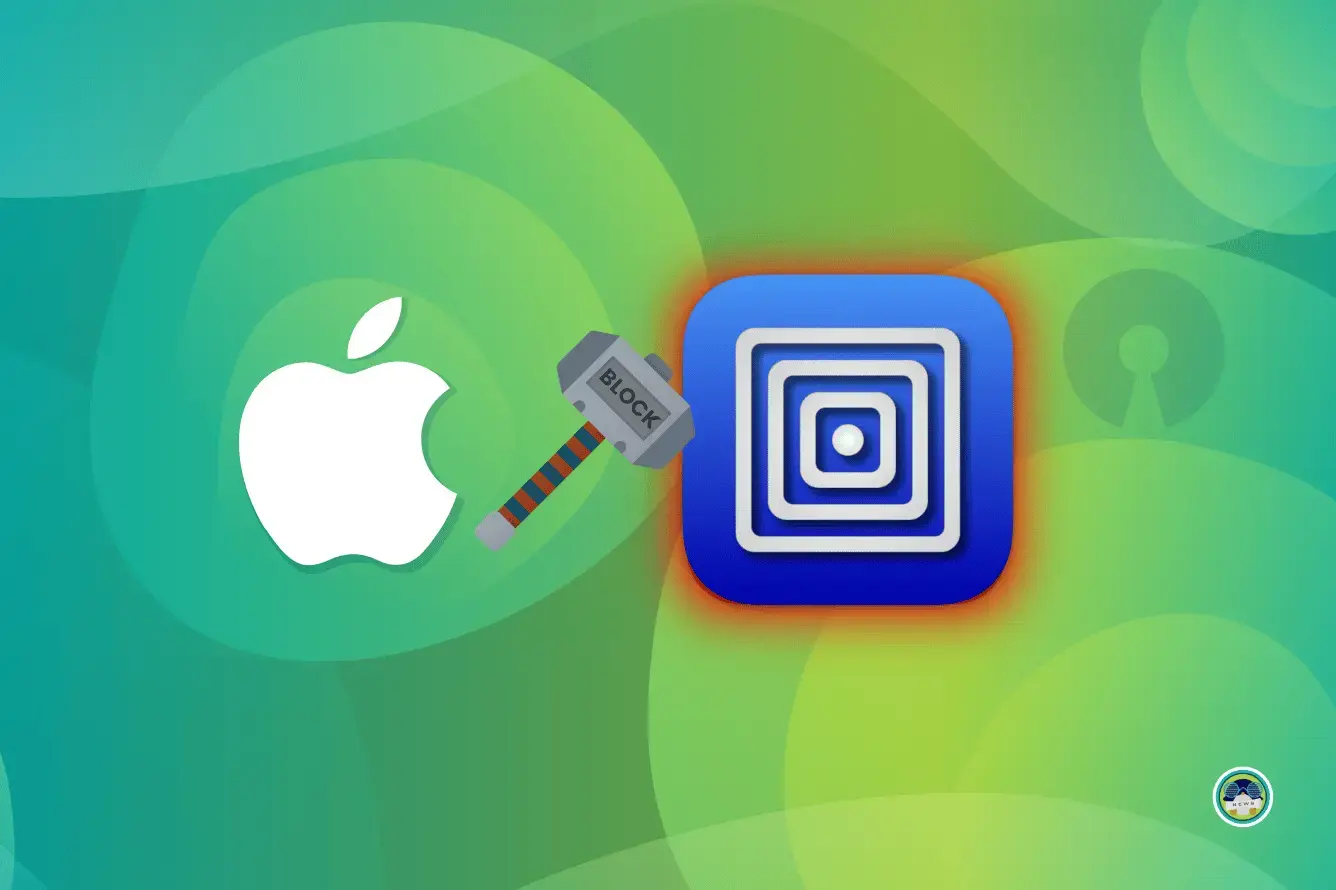Apple has a long-running history of guarding their walled garden by not allowing much interoperability with other standards that are the current norm in the industry, while also going on to reinvent, giving features a novel-sounding name.
Of course, the European Union’s Digital Markets Act (DMA) has been successful in making Apple do things that they wouldn’t ever do, if it weren’t the law to do so.
However, Apple still does its best to gate keep developers who aren’t their own, and one such recent incident caught my attention that involves their typical “my way or the highway” approach to things.
Apple Loves to Gatekeep: When Will They Stop?
Posted on X by the UTM project, they revealed that Apple rejected their application for publishing the UTM SE app after a two-month-long review process, citing that “Rule 4.7” of their App Review Guidelines didn’t apply to it.
That rule is meant to allow game emulators, mini apps, chatbots, plugins, etc. to be published on the App Store.
The developers of UTM mention that Apple even went the extra step, and disallowed the publishing of UTM SE on third-party marketplaces. They added that:
The App Store Review Board determined that “PC is not a console” regardless of the fact that there are retro Windows/DOS games for the PC that UTM SE can be useful in running.
If you are not familiar, UTM is a QEMU-powered open-source emulator/virtual machine host for iOS and macOS, a popular tool to run alternative operating systems (such as ones based on Linux, or even Windows) on Apple devices.
There’s more information in the linked article.



This is just me being pedantic, but I keep seeing this mistake when UTM is mentioned (specifically in headlines), so I feel like I have to say something:
UTM is not an emulator. It is virtual machine software that uses an emulator (QEMU) to virtualize operating systems.
The difference: emulators emulate hardware. On which, the virtualized operating systems run.